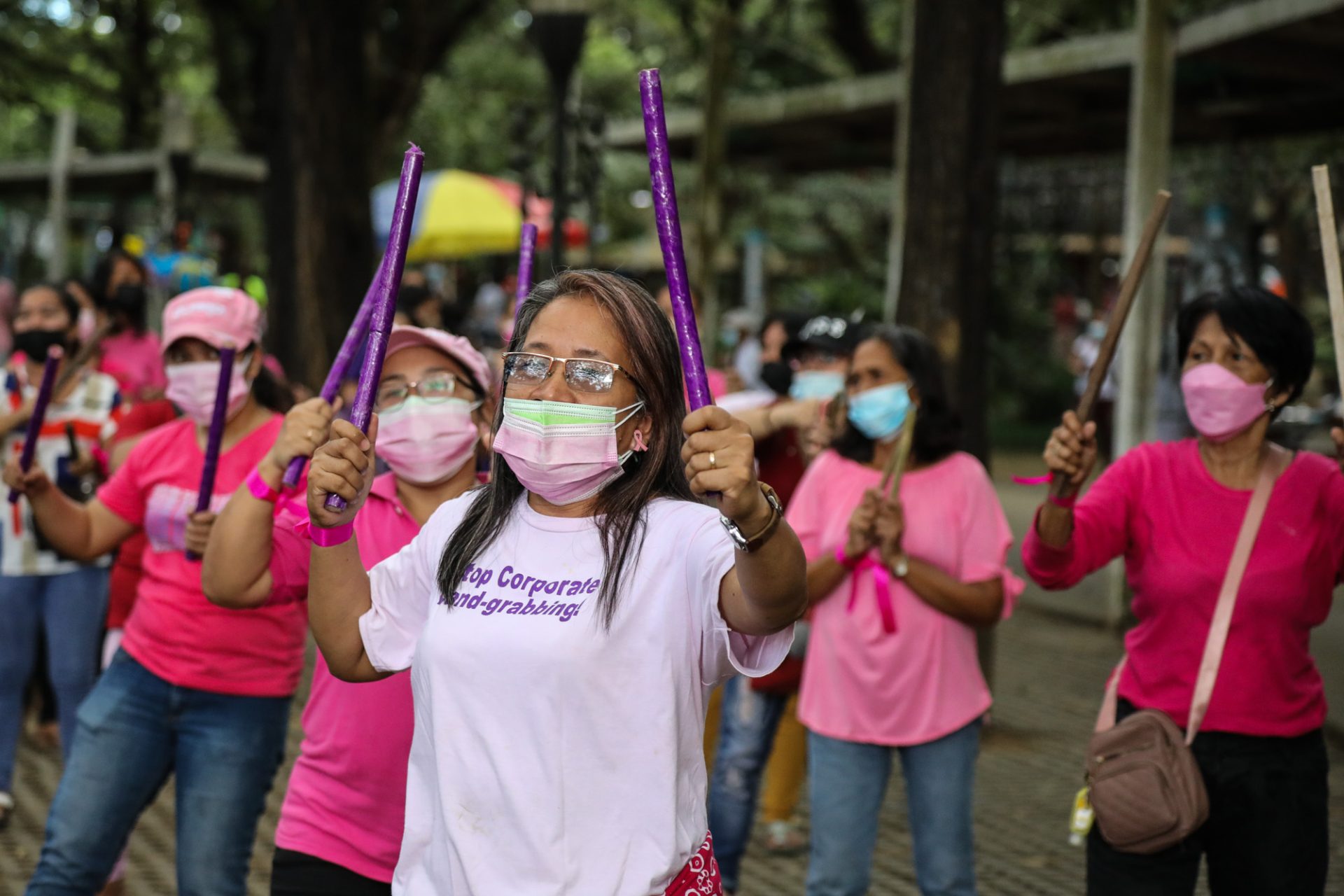Cases of gender-based violence increased during the COVID-19 pandemic around the world amid the lack of action of governments.
A report by international aid agency Oxfam notes that in many households, the pandemic has created a “perfect storm” of social and personal anxiety, stress, economic pressure, and social isolation.
The report also shows that not enough countries have acted with sufficient seriousness to tackle the “gender-based violence pandemic.”
It says that in 2018 alone, before the pandemic, over 245 million women and girls were subjected to sexual or physical violence by an intimate partner – a greater number than the global total of coronavirus cases between October 2020 and October 2021.
“It is a scandal that millions of women and girls, and LGBTQIA+ people have to live through this double pandemic of violence and COVID-19,” said Oxfam International executive director Gabriela Bucher.
She said gender-based violence has led to injuries, emotional distress, and increasing poverty and suffering, all of which are utterly inexcusable and avoidable.
“The pandemic has exposed the systematic failure of governments around the world to protect women and girls and LGBTQIA+ people from violence against them – simply because of who they are,” said Bucher.
The report, “The Ignored Pandemic: The Dual Crisis of Gender-Based Violence and COVID-19,” shows the number of calls made by survivors to domestic violence hotlines in ten countries during the first months of lockdown.
The data reveals a 25–111 percentage surge; in Argentina (25%), Colombia (79%), Tunisia (43%), China (50%), Somalia (50%), South Africa (69%), UK (25%), Cyprus (39%), Italy (73%) and the largest increase in Malaysia where calls surged by over 111%.
Funding problems
Meanwhile, women’s rights organizations have been more likely to have been hit by funding cuts, exactly at the time when their work is most needed.
In an Oxfam survey published in June this year, over 200 women’s rights organizations across 38 countries reported reduced funding and shrinking access to decision-making spaces. Thirty-three percent had to lay off between one to ten staff, while nine percent had to close altogether.
Even though 146 UN member states have formally declared their support for action against gender-based violence in their COVID-19 response and recovery plans, only a handful have followed through.
Of the US$26.7 trillion that governments and donors mobilized to respond to the pandemic in 2020, just 0.0002% has gone into combating GBV.
“The pandemic has worsened long-standing gender discriminations, and this has increased the vulnerability of women and girls and LGBTQIA+ people to violence and abuse,” said Bucher.
“If governments do not deliberately initiate strong, properly funded strategies to tackle this, the gains made in women’s empowerment in the last 30 years are at risk,” she added.
A few governments, however, have made efforts to respond to the crisis.
For instance, Indonesia and New Zealand introduced national protocols and identified gender-based service providers as essential workers.






